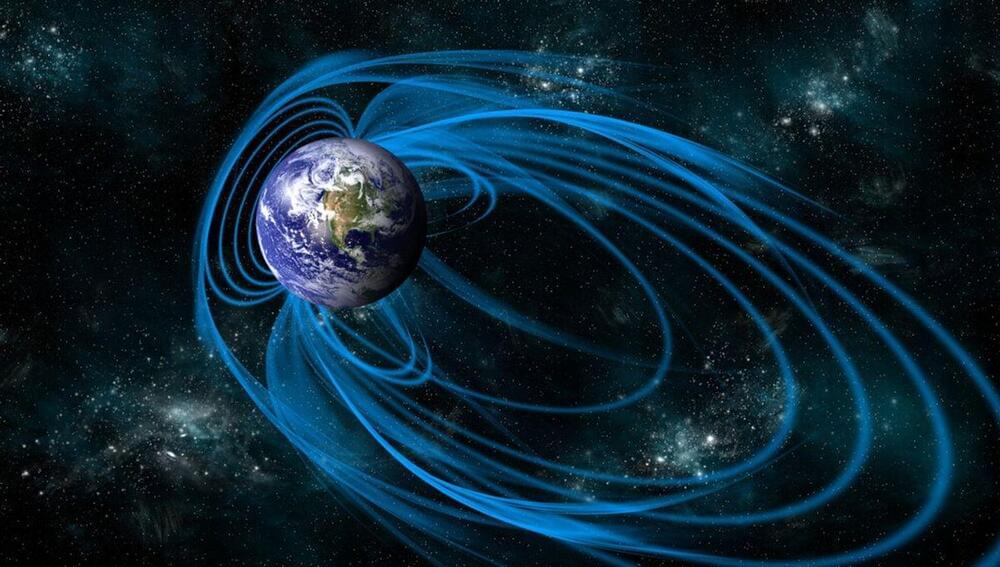It’s easy to think of Earth’s geomagnetic poles as features that are set in stone (or ice), but both poles are not stationary and remain in a permanent state of flux. Since it was first documented by scientists in the 1830s, the North Magnetic Pole has wandered some 2,250 kilometers (1,400 miles) across the upper stretches of the Northern Hemisphere from Canada towards Siberia. Between 1990 and 2005, the rate of this movement accelerated from less than 15 kilometers per year to around 50 to 60 kilometers per year.
A study, published in the journal Nature Geoscience, argues the changes could be explained by the to-ing and fro-ing between two magnetic “blobs” of molten material in the planet’s interior, causing a titanic shift of its magnetic field.
The North Magnetic Pole is the point at which Earth’s magnetic field points vertically downwards, dictated by molten iron that’s sloshing around Earth’s interior through convection currents. The recent shift towards Siberia, it seems, is caused by a blip in the pattern of flow in Earth’s interior that occurred between 1970 and 1999. The change resulted in the Canadian blob becoming elongated and losing its influence on the magnetosphere, causing the pole to zoom toward Siberia.

Your link through to IFLS is not working, please fix.
Fixed!